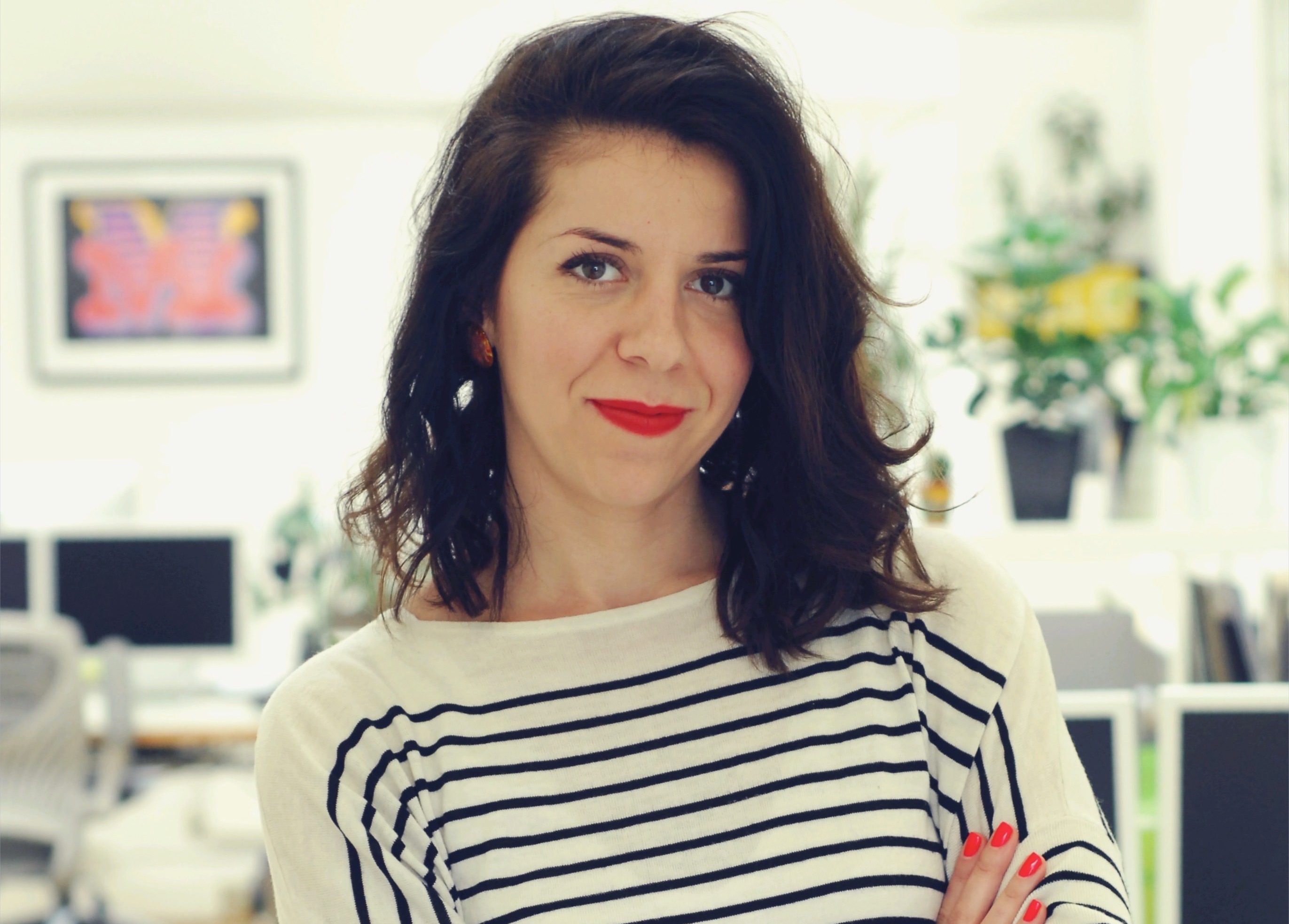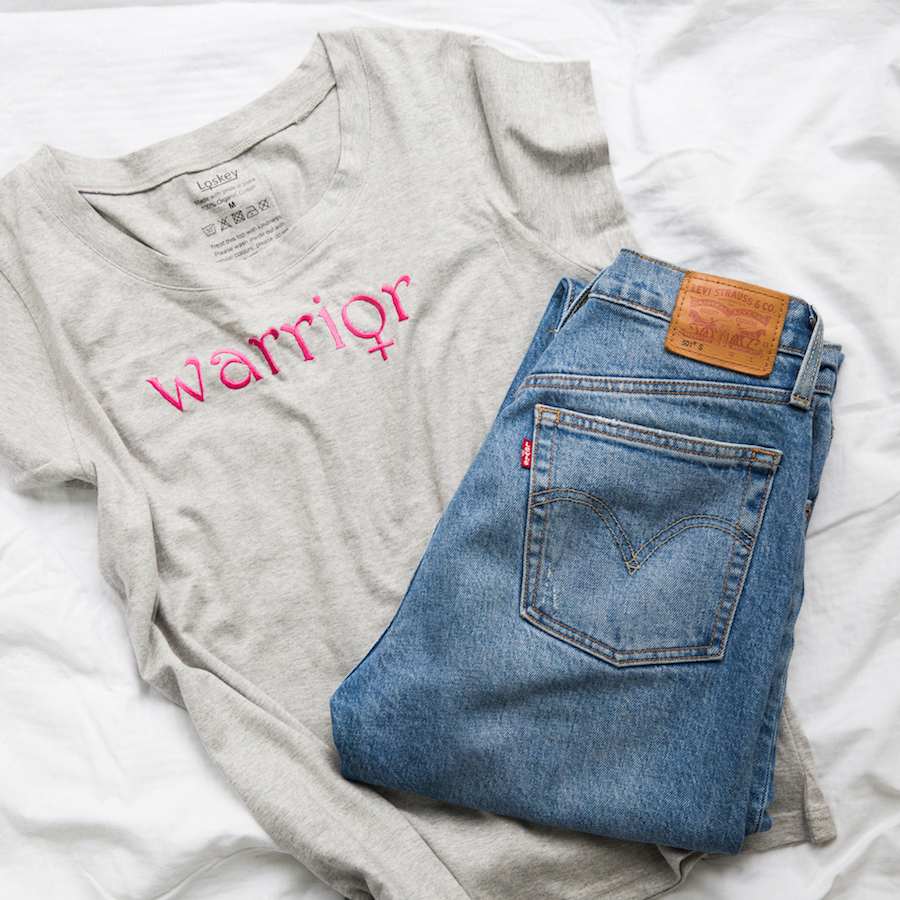Between landfill waste, inclusion, representation and body image, the fashion industry is responsible for several issues the planet is currently facing, but thankfully it has a huge potential for positive change thanks to new comers ready to revolutionise the way we consume clothes.
Over the last few years we have seen a rise of sustainable initiatives from established brands, as well as new movements to encourage body positivity, inclusion and better representation of all people in fashion campaigns, a good sign that change is coming – but how impactful have these initiatives been? It may be difficult to sort through greenwashing and genuine change, which is why consumers can rely on smaller and newer brands fighting hard for the causes rooted at the core of their business.
A good example of a fashion business with heart and a strong ethos to go by is the newly launched Loskey: while fashion sadly still is a huge source of waste, with over 300,000 tonnes of textiles ending up in landfill last year in the UK only, Loskey encourages consumers to ‘Buy less, choose well, make it last’ (in the wise words of Vivienne Westwood).
Encouraging customers to build a ‘capsule wardrobe’ with timeless, quality pieces rather than encouraging consumption at all costs is where true sustainability begins. Loskey, an ethical and women-led clothing label of GOTS certified organic cotton t-shirts, ensures garments are made to last, wear after wear – and not replace quickly to make profit.
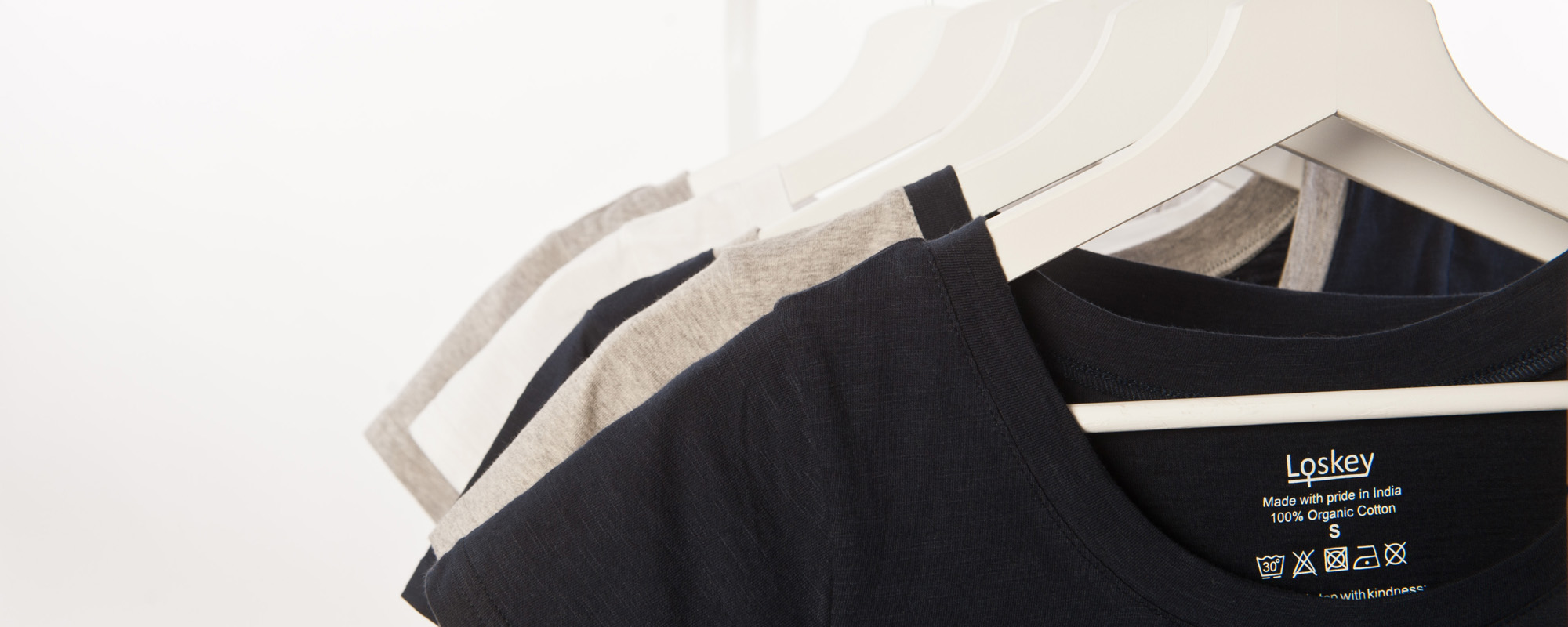
“Clothes should not be disposable,” says Lori Cunningham, founder of Loskey. “They should be high quality, timeless pieces that can be worn again and again.”
When a business aims at achieving sustainability and make a real change, it must see the bigger picture and go full circle. This applies to clothes tags (made out of recycled rhino dung in the case of Loskey) as well as labor and community (their core mission is the empowerment of women through fair trade, education, training and opportunity).
“Fairtrade is not simply about the price that is paid,” says Cunningham. “It’s about the overall well-being of the workers. It means not just treating them with respect and care, but also protecting their culture and traditional artisanal skills, while helping them to share those skills with the world. We are proud to partner with suppliers who treat their workers with dignity, and value them as human beings.”
Fashion brands can be impactful, but just like other businesses they must pick their core values and focus on making a positive change in these specific areas. This is true for the slow fashion and progressive media brand Gundi Studios, who chose representation, community and sustainability. Gundi celebrates outspoken South Asian womxn in motherland, diaspora and beyond, while keeping ancient craft and its surrounding community alive with streetwear-inspired styles that are embroidered using the aari, zari, and cut dana techniques traditionally used on sarees and burkas.
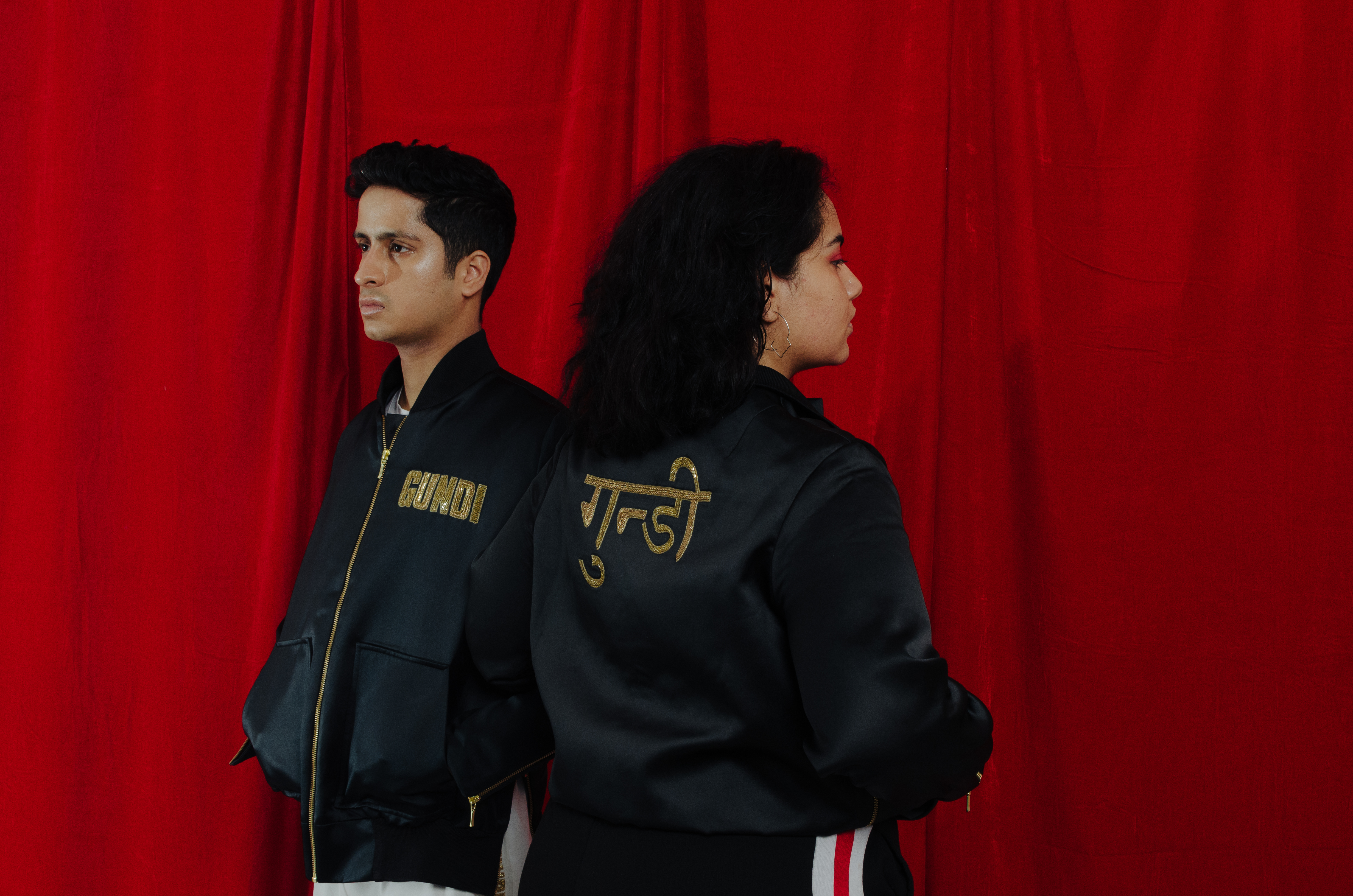
“Everything we do has a feminist slant,” says Natasha Sumant, art director and founder of Gundi Studios. “The clothes in our collection have design details that reference resistance movements, we prioritise working with suppliers that create meaningful opportunities for women, and our art depicts and celebrates bold and independent women.”
Gundi Studios’ core mission is to honour and support women through fashion and art in partnership with suppliers that meaningfully impact them.
Gundi Studios produces clothing in small batches, honouring the human cost of creating clothing. All of Gundi pieces are handmade and embroidered in India, using traditional zardozi techniques to protect this ancient craft from disappearance, and counterbalance the fast pace set by global fashion brands incentivising mass production of lower-quality clothing.
This is the power of small fashion labels: owning up to their principles and making true change one small step at a time. And this change doesn’t have to be in idea only – it can be experienced not only in the clothes but through fashion content and art that reflects a brand’s ethos.
“We’re taking our collection on tour (with an exclusive popup in Brick Lane, London from 3 to 7 October 2019) to give people the chance to experience our brand and what we stand for in person,” says Sumant. “We’re a slow fashion brand and believe clothes are artifacts that should be maintained for a long time so we want people to have the chance to see them up close before making a purchase.”
What has been seen in the beauty industry (with game changers such as Acala and Conscious House London to name a few) is starting to be noticeable in the fashion world, with a community of consumers growing through word of mouth and a true sense of making a change they can see. With so much organic matter coming from households and filling our landfills, each room of the house needs to be scrutinised in order to consume better, and make it last.
But in fashion as well as beauty, small sustainable labels can use their close connection with their consumers and online community to gently guide them into mindful living – a model that can be followed by other businesses trying to make an impactful change.
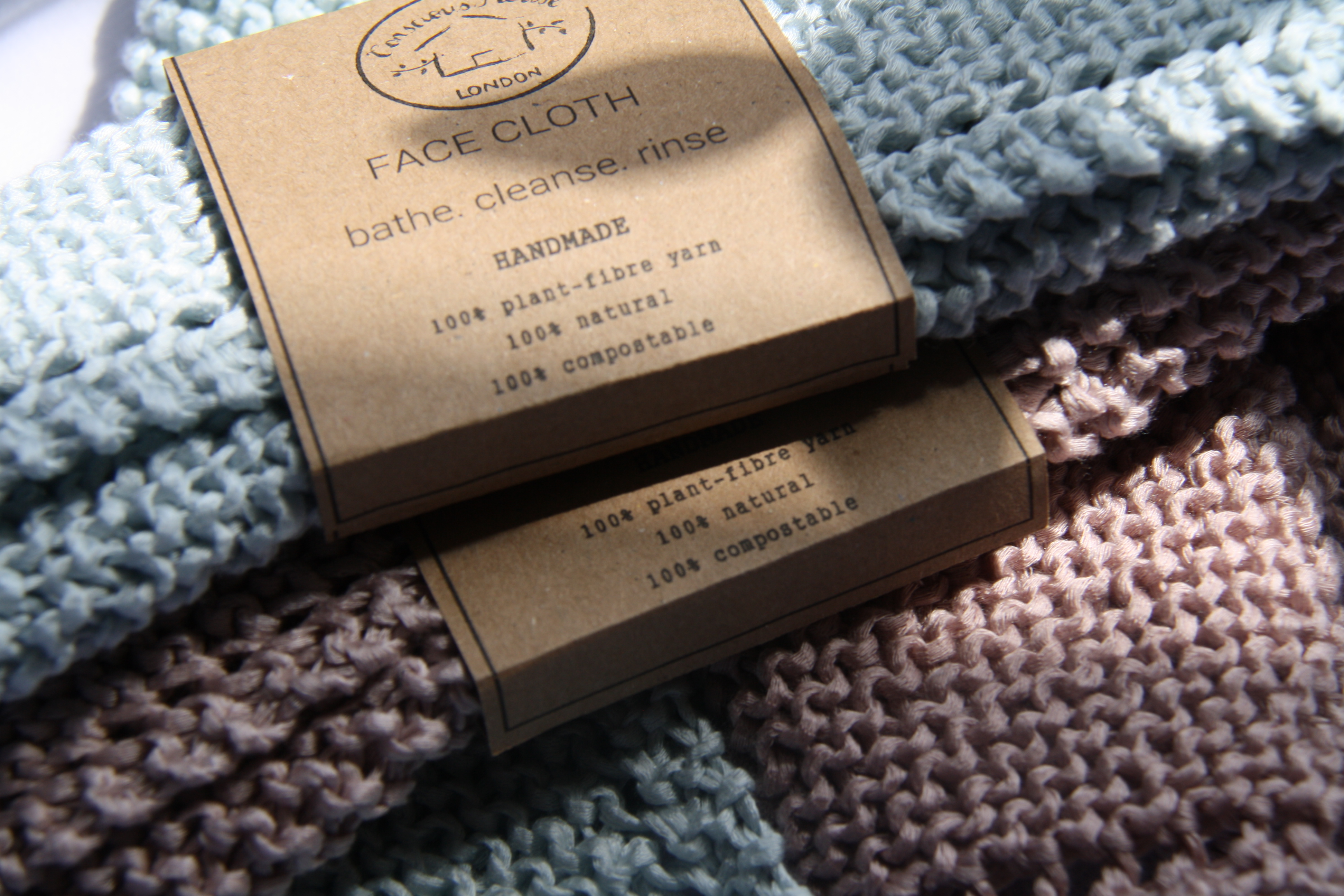
“The skincare and beauty industry is plagued with plastic packaging and toxic ingredients, as well as very expensive naturals so we sought to create affordable, plant-based alternatives that also came in responsible packaging” says Rebecca Dallimore, co-founder of Conscious House London. “We want to be more than just a retailer, and hope to use the brand as a platform to arm people with the knowledge needed to make more sustainable choices.”
Fashion brands may be carrying a heavy weight, but the burden is only as big as the potential to change the way they have been operating until now. There is no excuse for more waste, unethical labor conditions or lack of representation at a time where consumers are being so vocal about what matters to them.
With consumers getting more mindful by the day, it’s time for the big brands to keep up and follow the example of small ethical brands putting values above profit.

